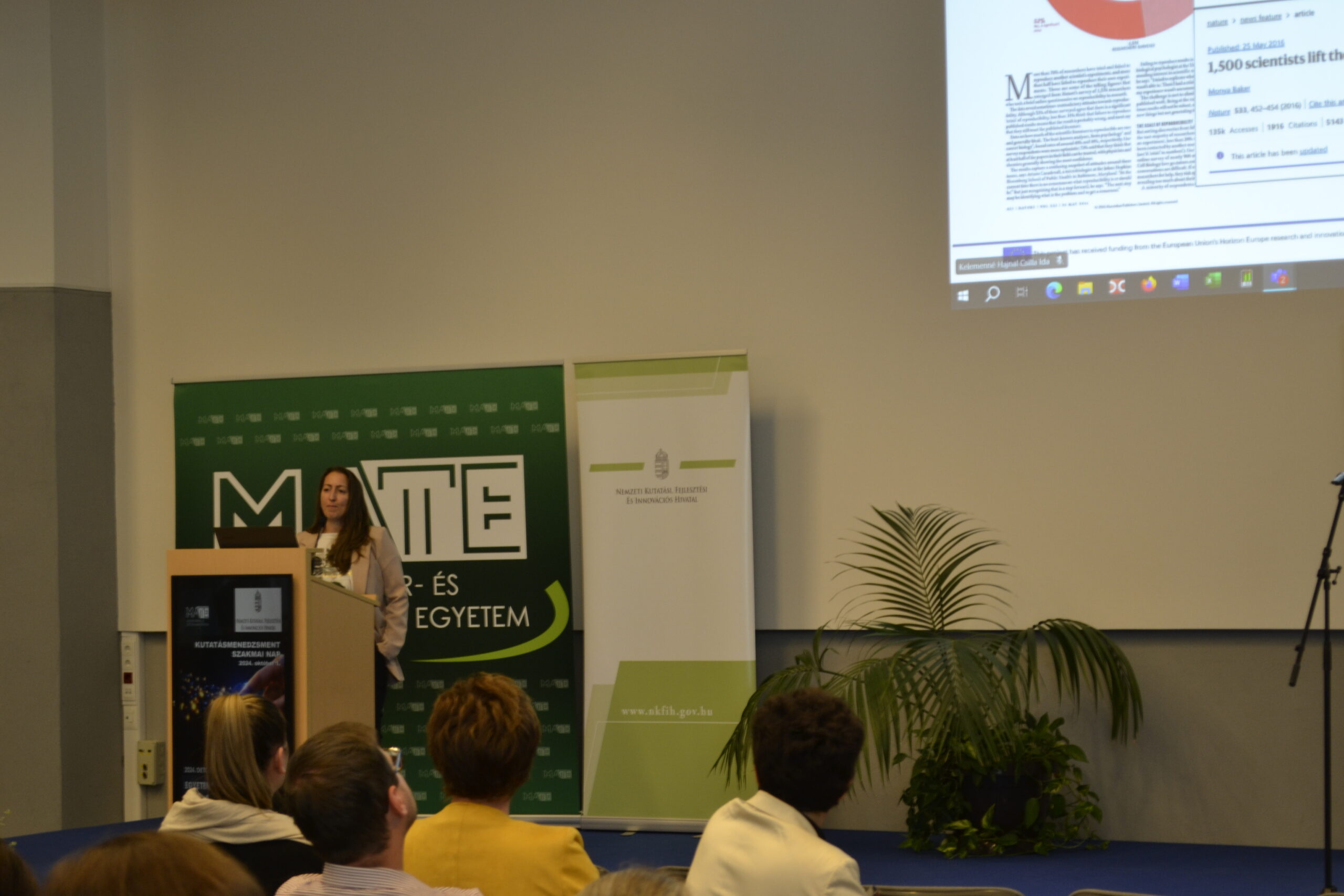about MATE
As a successor of former Szent István University, the Hungarian University of Agriculture and Life Sciences (MATE) was founded on Feb 1, 2021 with the integration of Szent István University (Gödöllő), Kaposvár University, Georgikon Campus (Keszthely), Károly Róbert Campus (Gyöngyös), eleven research institutes and several business organizations. Subsequently MATE has become one of the largest agricultural-focused, multi-disciplinary higher education institutions in Central Europe. Despite the fact that with this new name we were established only two years ago, our roots go back to more than two centuries. Georgikon Campus, one of the predecessors of MATE, was the first agricultural higher education institution in Europe, founded at 1797.
MATE’s mission is to provide world-class education that offers our alumni a promising career and makes them competitive on the job market. MATE focuses on internationally outstanding domestic and cross-border tertiary level education, research and innovation activities, with a view to the fields of agricultural sciences, horticulture, viticulture and oenology, food science and food industry, food security, biotechnology and bio engineering, water management, sustainability and renewable energy management, environmental and landscape management, agricultural economics, rural development, and mechanical engineering. Our University offers more than 50 diploma and degree courses as well as 52 MSc programs with a total of over 15 000 students, more than 800 PhD students, and with 14 Doctoral Schools.

In the multidisciplinary consortium of OSIRIS, MATE represents open science related specificities in agricultural, food and environmental sciences. Here, the covered fields spans from animal physiology & nutrition, agricultural and food engineering, environmental sciences (soil, water and atmosphere), to computer model supported process analysis, planning and operation. Accordingly, colleagues from 4 institutions (Institute of Animal Sciences, Institute of Physiology and Nutrition, Institute of Environmental Sciences and Institute of Food Science and Technology) are involved.
The main role of MATE researchers (especially of ESRs) is to take part in the WP3 related tasks to focus on computational reproducibility checks, preparing a module/checklist for computational reproducibility and testing of possible solutions. MATE team will collaborate with ESRs of other partners to form an evolving researcher network.
MATE colleagues participate also in two other research related WPs of WP4 (linking results from/to funders and publishers) and WP5 (feeding results to training materials).













Keep In Touch